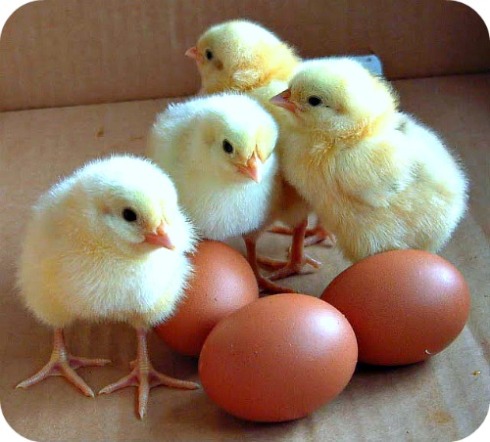It’s hard to imagine the possibility of doing Agriculture in Nairobi let alone practice it, but it is possible. Am not talking about the pretty potted plants in our lofty offices in the urban centers or the unkempt trees and shrubs that align our streets but food production and if well done it can even earn you an alternate income 😉
So what are the available options?
Green housing
Definitely not in the CBD but in most of Nairobi outskirts see Rongai, Karen, Ngong, Ruai, Kiambu you can be able to squeeze in a green house in your small plot and maximize on the space
The ideal greenhouse size is 8m wide by 30m long; it can be a steel or wooden structure. They can however be made larger or smaller to your specification. The cost on average is 130,000-150,000 depending on the company building it for you. The companies involved are like Hortipro limited. Amiran limited among others in the industry. So what do they offer in their packages? The structure of course, seeds, chemicals and agronomical advice for an entire crop season. This might work well for you in the first season but what about subsequent seasons? This will be covered better on my next article.
So what to grow in a greenhouse? Since it’s an expensive venture high value crops are suggested, this are crops that that fetch good prices on the markets like Tomatoes, Peppers , flowers (ok let’s not get over ambitious on our backyards) but you get the jist.
Why greenhouse? Apart from the fact is sounds cool to say I own a greenhouse The best answer is that if well-handled they can earn you some income, with over 1000 plants of tomatoes in one greenhouse each plant producing over 15kg of tomatoes and a kilo going for 25KSh. You do the math…. Tomatoes in the greenhouse take a relatively short time an average of 75-90 days from transplant to harvest.
Things to think about before start-up/Challenges: Expensive start up, disease & pest prevalence hence high cost of chemicals and of course finding good markets.
Chicken rearing
Never mind that this is one of the most noisiest enterprises, its profitable and does well in small spaces hence perfect for Nairobians. They call it poultry farming because apart from chicken you can diversify to other birds like ducks, pigeons, ostriches even QUAILS fall into this category.
How to go about it? Determine what your goal is that is; broiler chickens, eggs or even day old chicks if you happen to purchase an incubator. Once this is decided, get some eggs to hatch this takes around 21 days, however it’s easier getting day old chicks and nurture them.
Why chicken farming? It’s a lucrative business; its takes a short time for broilers like 8weeks max, for them to be ready for the market. Layers take longer 5-6 months to start laying eggs but after this you can expect continuous supply of eggs for a long while and even later you can still sell them for meat (that chicken meat you have to boil for an hour before it softens). Eggs are now retailing for around 12 shillings each so a tray of 30 eggs is around 360/= so depending on the numbers of layers you have you can do the math. A bonus is that the chickens lay daily they never go on holiday….
Things to think about before start-up/Challenges: The cost of startup depends on your preference for example if you choose to buy chicks (really small chickens), it might be costly but it saves time. If you choose to have your mother chicken lay on her eggs for you to get stock, its cheap, but not time conscious & unfortunately not 100% hatch is promised. So how to stock is the first question. The bird’s structure can be another expense also depending on type. Birds need to eat and chicken feed is not that cheap other costs include vaccination. Another obvious worry would be markets.
Starting an agricultural business like any other venture it’s not easy. Yes the challenges are there and many of them at that. However the reward is equally sweet. This will give you an opportunity to see something grow within the bounds of your efforts. An extra income is I believe crucial to all Nairobians and having no boss to take orders from makes me give an agriculture venture a clear thumbs up!

Leave a comment